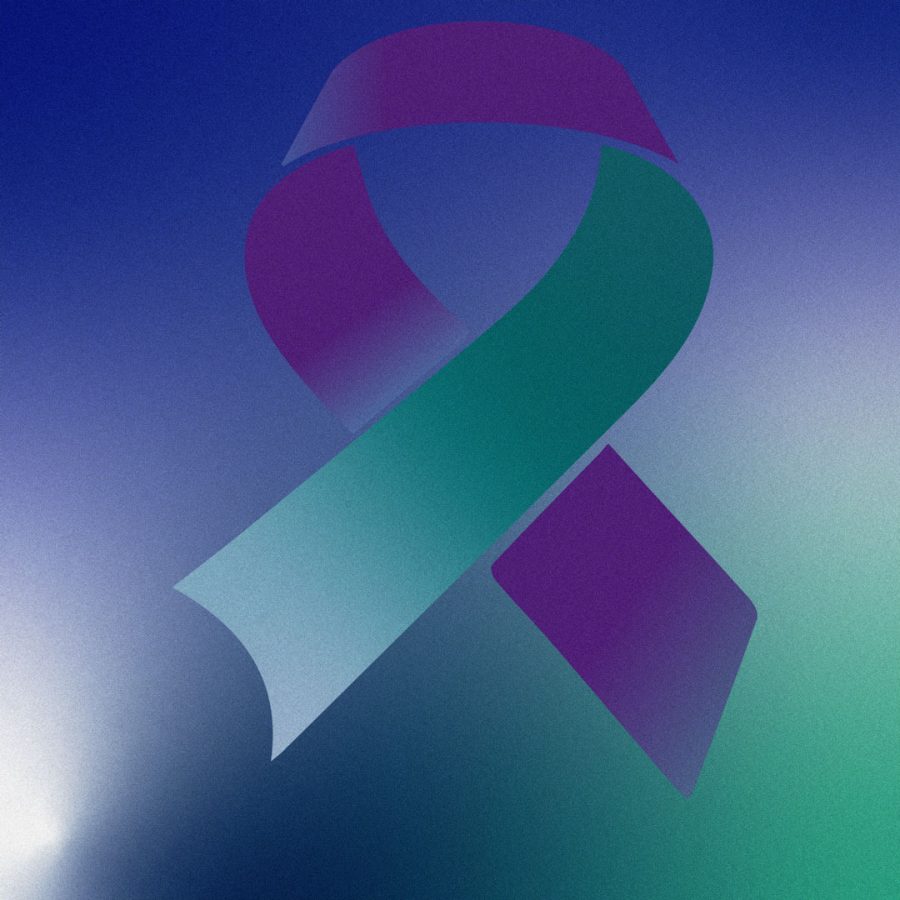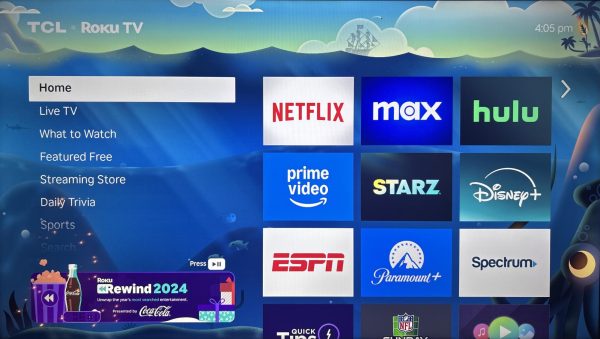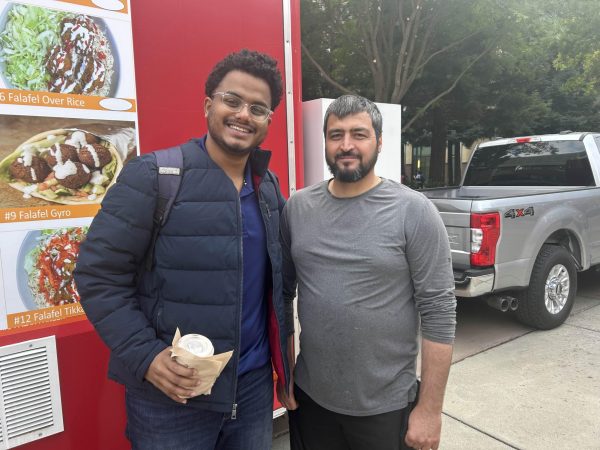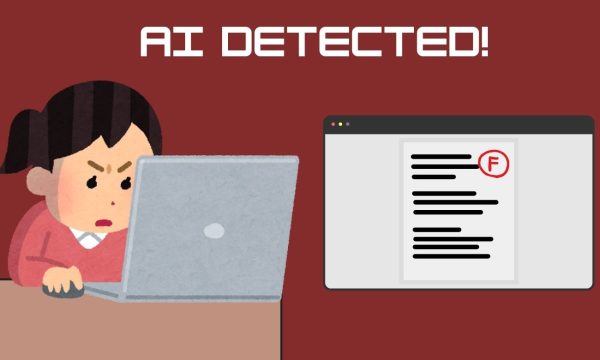Fighting to feel better: the first step
Since I was 12-years-old I’ve struggled with deep depressive episodes that leave me feeling like ending my life or hurting myself is the only option. I have to actively fight against the voice in the back of my mind that repeats the same negative and hurtful thoughts.
Almost one year ago, with the encouragement of my family and friends, I sought out help for my mental health obstacles. I described my depressive episodes to my therapist and psychiatrist. I told them how I often spiraled down a deep, dark hole. I convinced myself that I was a bad person who didn’t deserve to feel better, and that I wasn’t good enough to continue to draw breath.
Then, after a couple of weeks I would feel better, and my emotions would level off. Sometimes I would even feel so good that I would do uncharacteristic things — like spend more money than I should, or overload myself by carrying more units during a semester than I should, along with working part time and other extracurricular activities.
I also explained how anxious and awkward I felt being around people and how it caused my heart to beat faster. I would panic at the thought of engaging in a new social situation. After chronicling all of this, I was diagnosed with social anxiety, depression and bipolar disorder. I was told that my social anxiety and depression most likely stemmed from the trauma I experienced during high school and the years after.
The National Institute of Mental Health says that social anxiety can be passed down from generation to generation, but stress and environmental factors are believed to play a key role in causing it. Depression can also be caused by trauma, stress and/or life changes. Mental health care providers also diagnose bipolar disorder based on symptoms, lifetime history and personal experiences.
When I started high school in 2016, I struggled through physical, emotional and mental trauma. I often internalized comments directed toward me like “No wonder your parents didn’t want you,” after telling people I was adopted and being told at school that I was ugly, stupid or worthless.
This lasted until about 2020, before stay-at-home orders went into place. After I graduated from high school and distanced myself from toxic people and situations, I was able to start rediscovering and liking myself — up until my first year of college. Boys made fun of my weight, attempted to talk me out of my dreams and objectified me, believing that I would give into their desires.
This caused one of the darkest depressive episodes of my life. In part because of these circumstances, but also because I had forgotten how to resolve the I pain incurred as I was rediscovering myself. I often gave into the voice in my head and hurt myself. I even planned how and when I would end my life. These were plans which I never carried out, but they still kept me from finding help.
There were two main reasons why I didn’t want to get help. One, I had convinced myself that I didn’t deserve to get help and feel better. Two, I didn’t want people to think poorly of me because I was struggling.
The American Psychiatric Association says that more than half of people with mental illness don’t receive help for their disorders, and researchers have identified three different types of stigma surrounding mental health issues.
Public stigma involves negative or discriminatory judgements toward people with mental illnesses. Self-stigma involves internalized shame and negative judgements directed toward your own mental health issues. Institutional stigma involves the government and private institutions either intentionally or unintentionally limiting resources for people with mental health issues.
In high school, I was often told by my “friends” that I had no justification for having mental health concerns or for believing that my depression was my own fault. I often took these comments to heart and convinced myself that I wasn’t good enough to get help or that it was normal to feel like hurting or killing myself. My high school also didn’t seem to recognize the signs that I was struggling with bullies. I remember once in my freshman year I was being held by my throat against a chain-link fence and I saw an authority figure at my high school walk by. I made eye contact with them, but they didn’t stop, they just kept walking.
Luckily, I had a friend who pointed out that these thoughts weren’t normal. He convinced me to talk to my parents and get help. If it hadn’t been for him and my parents I often wonder if I would still be struggling now, as I was then.
It is important to push past the stigma imposed on us by our society, our peers and ourselves. I want to remind everyone that we all deserve to feel better and have the right to seek help. I encourage you to take that step, or help someone consensually take that step. You are not alone. You matter, and it can get better.
If you are struggling with suicidal thoughts, you can call or text the national 24/7 crisis lifeline at 988. At Chico State, you can contact the counseling center at (530)-898-6345, and make an appointment Monday through Friday, from 9 a.m. to 5 p.m., or use crisis care.
For more suicide prevention resources at Chico State, you can visit: https://www.csuchico.edu/umatter/what-we-do/suicide-prevention.shtml
For more suicide prevention resources in Butte County, you can visit: https://www.buttecounty.net/ph/SuicidePrevention
Ariana Powell can be reached at [email protected].








